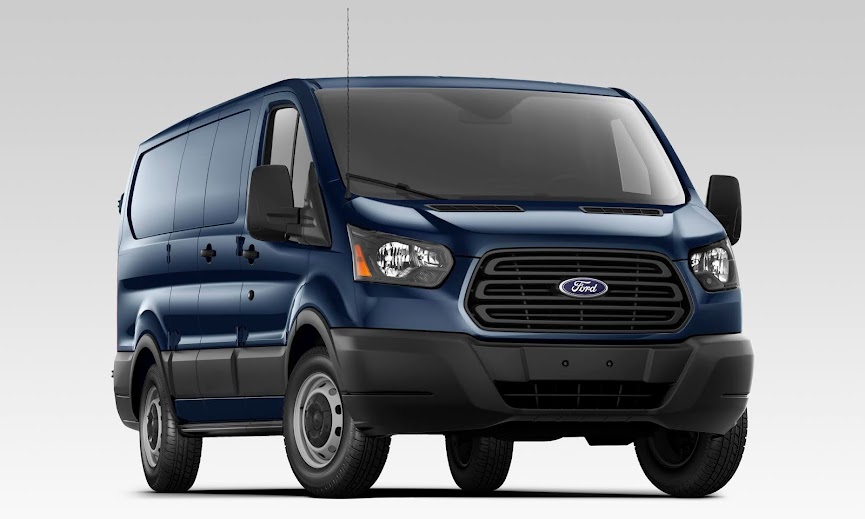Cargo Vans vs. Pickups: Which One Is Better?
Most pickups also get better gas mileage than cargo vans of comparable size, which can lower overall costs in the long run. If you’re transporting crew instead of cargo, you’ll find that a truck with a crew-cab can carry more people than a cargo van can — your cargo van can usually carry only two to three people.
On the other hand, the bed of a pickup truck doesn’t offer any protection from the weather unless you add a topper to it, which would interfere with your ability to transport large items.
Cargo Vans
Cargo vans have a great number of benefits when they’re being used as work trucks. They’re enclosed, which has some primary benefits — it helps to keep your tools and equipment secure. You don’t have to unload your truck at the end of the day to guard against theft. Just lock the door, and you’re good to go.
It also helps to protect your equipment from bad weather that might blow up unexpectedly. If you use electronic devices throughout the day or carry cargo that could be damaged by rain or weather, a cargo van can save you a lot of money and trouble.
In addition, it’s much easier to organize tools and equipment in the back of a cargo van than it is in the back of a pickup. Even if you’re not worried about the weather, it’s harder to install hooks, shelves and other items for organizing all your tools.
Finally, cargo vans give you a lot more space for advertising on their sides and back. You can advertise on a pickup, but you have less room, so you can convey less information.
Cargo vans don’t have the towing capacity that pickups do, and while they may have more storage space in the cargo area, you’re limited in their available space — large pieces might not fit in the cargo area without being broken down.
Final Verdict
The final verdict on which vehicle is better depends largely on what you’re doing with it. If you have to carry a lot of tools, especially those that could potentially be damaged by the weather or stolen overnight, a cargo van is your best option. If you need higher towing capacity or to be able to transport more than two people, a pickup truck becomes the best choice.
If you want to use your vehicle to advertise your business as you’re driving around town, a cargo van is a better option. If you need to be able to transport large items that won’t fit in the back of a cargo van, the pickup truck becomes the best selection.
If you find yourself needing things that both of these vehicles offer, you might want to split your fleet between trucks and cargo vans. That way, you have the best of both worlds available to you at all times without having to worry about tying large cargo to the top of your cargo van or trying to squeeze a large advertisement into the space of a tailgate.
Both vehicles have their pros and cons, and the one that you choose is entirely up to the needs of your business. Hopefully, these strengths and weaknesses will help make the decision a little bit easier



Comments
Post a Comment